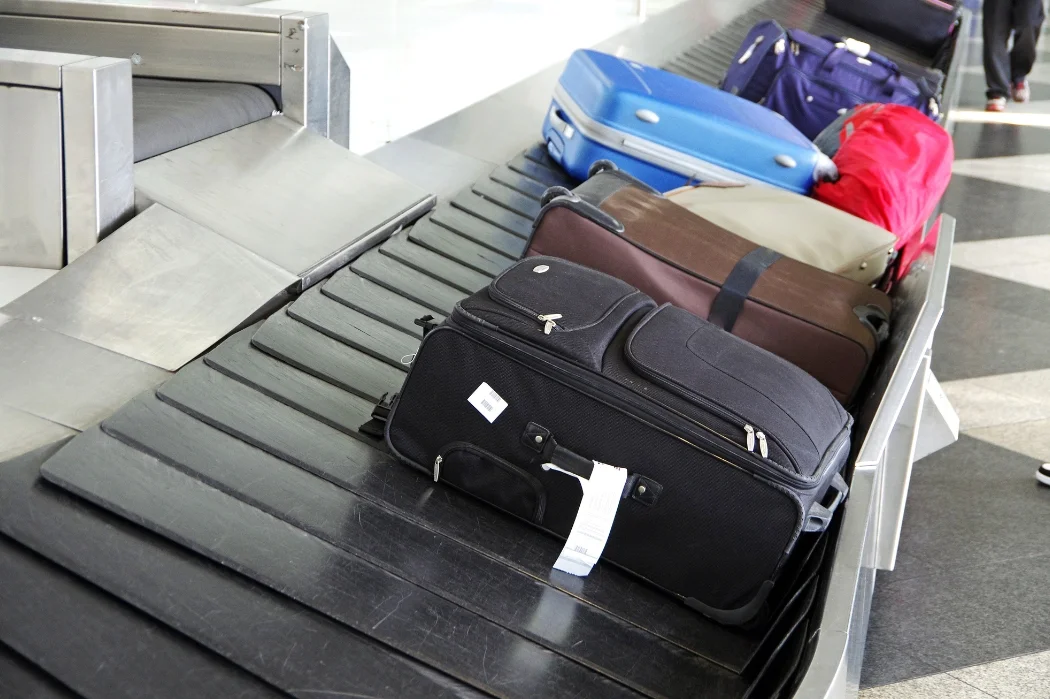- 02 Jul, 2024
What are the KLM Airlines flight rules for children?
KLM Airlines allows all kinds of passengers, including children, to travel with them. To ensure convenient and safe flight travel for the kids, the concerned airlines provide flexible policies, systematic flight booking procedures, and exceptional facilities. People tend to neglect the flight rules of child travel when commuting with the airlines, which causes a lot of hassle afterward. Below are all the KLM rules regarding the child's travel and other crucial information, such as flight booking procedure, fare charges, etc. Let's begin with the rules:
- KLM Airlines allows passengers between 0 months and 14 years of age, categorized as "Baby" and "Child," to travel with them.
- Children younger than two years old will sit on the lap of their companion passengers on both departure and return flights.
- One adult can fly with a maximum of twelve children under 15 years of age, and every adult may travel with two babies.
- You are required to provide supporting documents for your child's flight travel, such as a birth certificate.
Do kids fly free on KLM?
This question cannot be straightforwardly answered because many factors influence the fare price of your child's travel, such as his age, the membership with the concerned airline, the route and destination of your flight, etc. Generally, KLM provides reduced ticket costs to kids up to 12 years old. Children younger than two do not receive a seat and will sit on their lap during the flight. Members of the frequent flyer programs may receive accessible seats on the respective airlines.
What age is a child on KLM?
KLM provides separate rules, procedures, and facilities depending on the child's age and has created sections accordingly. According to the regulations of the respective airlines, the classifications of the passengers based on ages are: (i) Baby - 0 to 23 months, (ii) Child - 2 to 11 years, and (iii) Youth - 12 to 17 years and 18 to 24 years. In some instances, such as when traveling to rules-strict countries, the child's age limit can be specified as being between 5 and 14 years of age. Get detailed information on What Is the Age Limit for Child in Flight?
How do I book a KLM flight for my child?
- Visit the official website of KLM Airlines to initiate the process.
- By default, a flight reservation form will appear on the home page.
- Select "Baby/Child" for special facilities in the passenger type field.
- Enter the rest of the travel details in the form to proceed further.
- Press the "Search Flights" button to view the available flights.
- Select a suitable flight and follow the prompts to end the process.
How do I reserve my KLM flight if my child ages 23 months to 2 years?
If your child is between 23 months and two years old, you cannot use the online flight reservation method to secure a seat in the respective airlines. You have to approach the respective airline's technical team for assistance by dialing the KLM Airlines Customer Service Number - 1 (800) 618-0104, and pressing the appropriate number to reach the agent who manages a child (more than 23 months and below two years) flight reservation requests and queries.
Contact us









